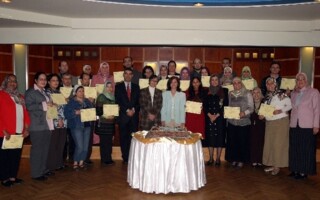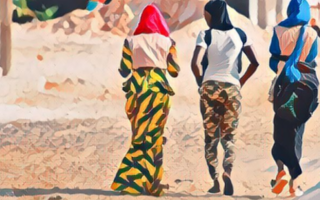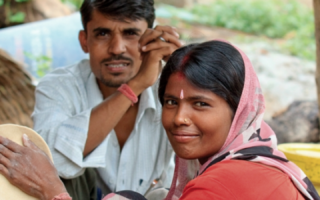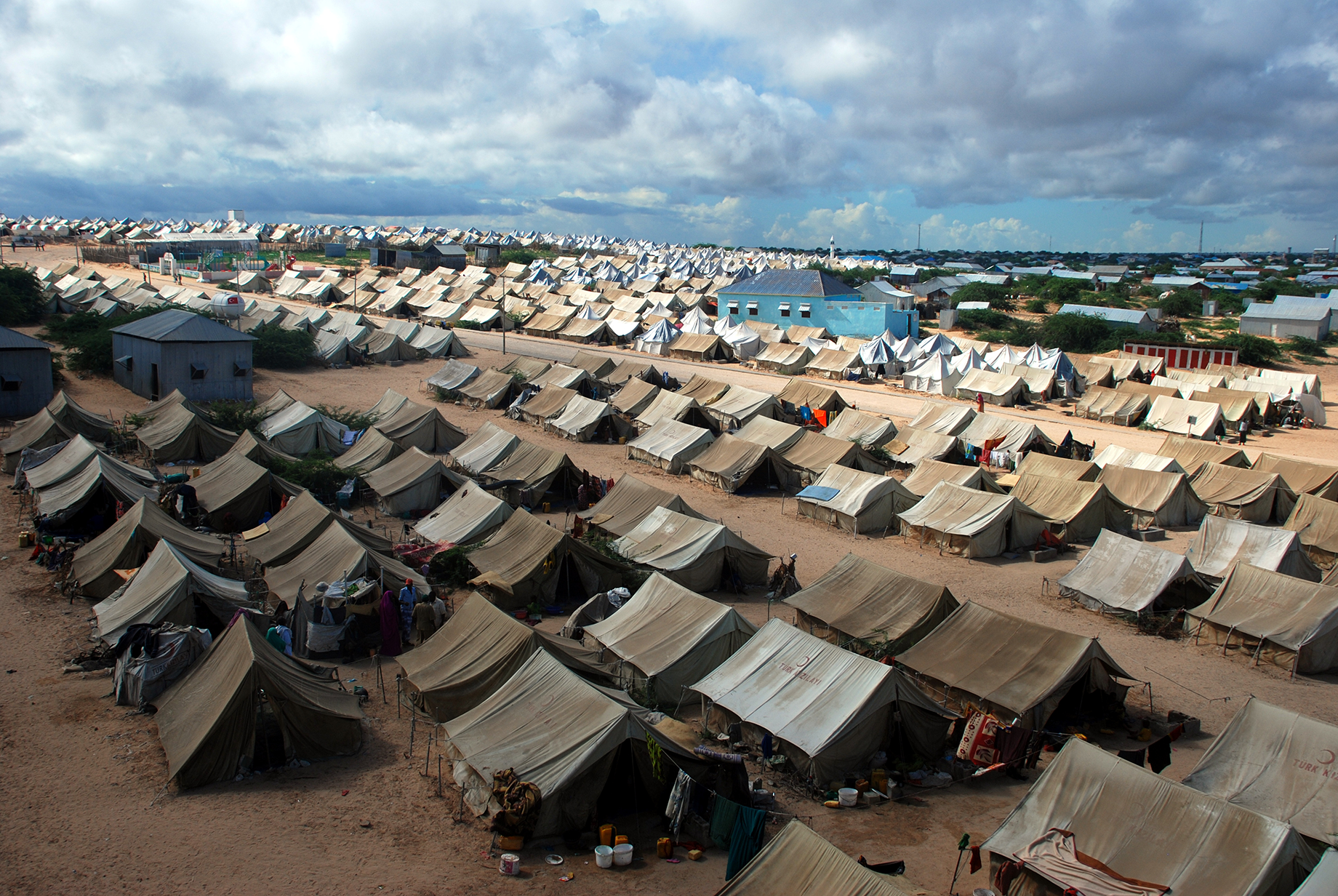
The global refugee crisis is one of the defining challenges of the 21st century, with ongoing, negative effects on the sexual and reproductive health and rights (SRHR) of refugees.
In the East and Horn of Africa, over 5.5 million people face long-term displacement; the majority are women, children, and adolescents. Sparse evidence is currently available to support enhanced SRHR programming. Historically, refugee populations have been excluded from robust, large-scale surveys due to barriers (e.g., high population mobility and heightened ethical concerns) that limit data collection in refugee settings.
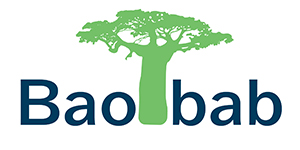 The Population Council leads the Baobab Research Programme Consortium in partnership with Population Council Kenya and the African Population and Health Research Center. Situated in the East and Horn of Africa, this Africa-based and African-led consortium focuses on filling critical evidence gaps and fostering evidence use.
The Population Council leads the Baobab Research Programme Consortium in partnership with Population Council Kenya and the African Population and Health Research Center. Situated in the East and Horn of Africa, this Africa-based and African-led consortium focuses on filling critical evidence gaps and fostering evidence use.
For nearly a decade, the Council has worked in refugee settings to strengthen SRHR programming, providing research and technical support to UNHCR and its implementing partners through a technical cooperation agreement with the UNHCR Regional Bureau for the East and Horn of Africa and Great Lakes region. Building on this long-standing collaboration, the Baobab consortium is bringing selected, rigorous SRHR surveys into refugee settings in Uganda and Ethiopia for the first time. These large-scale surveys on violence against children and adolescents, unsafe abortion, and unintended pregnancy draw upon existing robust, well-regarded, and well-known global tools.
Baobab currently focuses on Ethiopia and Uganda. These countries host a high number of displaced people and offer variations in context and ongoing programs relevant for understanding the broader East and Horn of Africa region. Priorities are to:
- use robust measurement tools that overcome the reliability and validity concerns that are often found in refugee settings;
- increase access to SRHR services which are often overburdened or not easily accessible in these settings;
- reach the most marginalized, ensuring that none are left behind in accessing SRHR services; and
- prioritize scale in reaching a robust population of refugees and in expanding the reach of evidence-informed SRHR interventions.
Baobab aims to reduce inequities in SRHR in humanitarian settings.
Baobab also supports the design and testing of context-appropriate SRHR interventions to determine what works to effectively respond to SRHR needs in refugee situations. By collaborating with the UNHCR Regional Bureau for the East and Horn of Africa and Great Lakes region and UNHCR country operations in Ethiopia and Uganda, Baobab will deliver evidence to inform the programming and policies of UNHCR and its partners working to respond to the SRHR needs of refugees.

